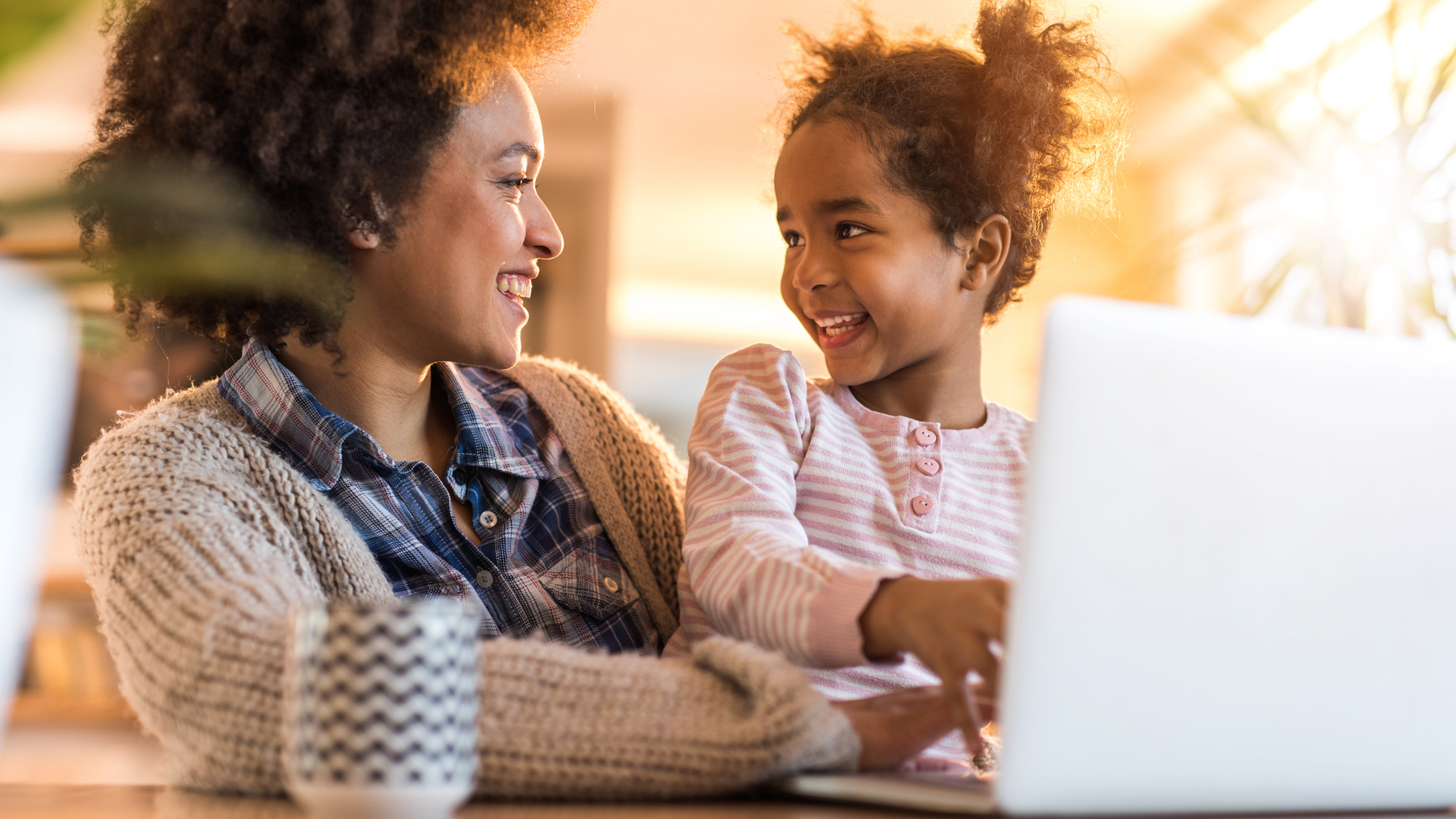
A couple of years back, my husband and I both had work to do that evening — we’re both teachers, so it was probably grading papers — and decided to be “bad” parents and let our then-five-year-old daughter watch TV. As my husband flipped through the channels to find something that would entertain her, my daughter suddenly cried, “Daddy! That! That one!” while pointing at the screen.
He paused for a moment, but then kept flipping. “Not that show, honey.”
“What was it?” I asked from the couch where I labored over my stack of essays.
“Peppa Pig,” he said, landing on Disney Junior and letting our daughter enjoy some Mickey and the Roadster Racers. “I don’t want her watching that.”
I gave a miffed laugh. “What’s wrong with it?”
If she’s going to rot her brain on TV, how bad can it be?
“Isn’t it on Nick Jr?” I asked.
“It’s super annoying. And I read this thing online about kids watching too much Peppa Pig and starting to speak with British accents.”
“Jeez! How much freakin’ Peppa Pig are kids watching?”
“Too much, obviously.”
“I think a kid with a British accent would be cute!”
“Seriously?” he laughed. “No. She can do that when she’s older once we get her into Monty Python.”
Cut to last month. My daughter is about to turn seven, and suddenly, I’ve noticed some changes to her speech. One day, we went to the park, and she ran into some kids from her class. “Those are my mates!” she cried joyously.
“Your mates? Like your classmates?” I asked. “Or your mateys? Are you guys playing pirates?”
“Ugh, no, Mom. They’re just my mates.” She gave me some teenager-level attitude before running off to play.
The next week, I noticed another change in her vocabulary
We were having a family viewing of Moana, and she said, “This is my favorite bit!” I started listening to her speech more closely, and realized she was saying “bit” for “part” or other similar words pretty much all the time.
Then it was “cheeky.” Everyone was cheeky. The toilet became the dunny, and breakfast became “brekkie.” While my child luckily had not picked up the accent, she’d certainly hit the international vocabulary.
It had happened — my kid had watched enough of a TV show to change the way she talks
If you’re a parent, I’m sure you can guess which show we’re talking about. That’s right, it’s Bluey, the Australian children’s show about a family of blue heeler dogs. Touching, funny, and surprisingly cerebral, Bluey has a little something for everybody. Our family has seen every episode multiple times, and the parents have been moved to tears by certain parts (okay, “bits”). This show has taken the country by storm, and our household was no exception.
Once I made the connection, I immediately felt like an awful mom. What kind of parent lets their kid watch so much TV that they pick up an entirely new vocabulary? However, I just can’t be mad at myself for having exposed her to it.
Talking about the different words used between Australian English and American English has been beneficial.
It’s given us a great opportunity to discuss global differences
We’ve looked at Australia and New Zealand on a map, and enjoyed the series together as a family. Also, most importantly, Bluey is decidedly not annoying, unlike Peppa Pig, so I think I’m okay with my child sounding like a character from the show.




